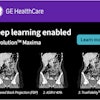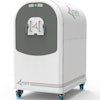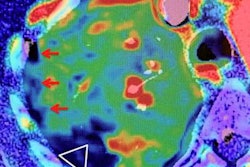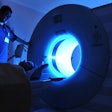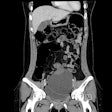Dear CT Insider,
When a patient arrives from the emergency department or hospital ward for a contrast-enhanced CT scan without appropriate intravenous (IV) access, often the result is a delay in diagnosis and patient management, according to a U.K. audit.
The authors found inappropriate IV access occurred in around 7.5% of cases. To address this problem, they've proposed a five-point plan of action.
COVID-19 is still widely regarded as a pulmonary infection, but it's important to take account of new discoveries related to the vascular aspects of the disease, emphasizes Dutch cardiac imaging expert Prof. Dr. Matthijs Oudkerk, PhD. In our second CT article posted today, he also calls for a well-informed discussion about the optimum use of the modality in the pandemic.
The second wave of COVID-19 is taking a firm grip across large swathes of Europe, so this news of the successful development of a free training tool to aid detection is timely indeed. The project is an example of international collaboration at its best. Three radiologists based in Germany, Italy, and Australia worked together between March and May on producing 19 interactive cases and presenting them in a practical and easy-to-use format.
Spectral CT is better at identifying early-stage COVID-19 disease than conventional CT, enabling better visualization of pulmonary lesions, French researchers have reported. They added that chest CT is also crucial for evaluating the extent of the lung lesions, thereby identifying those patients who require close monitoring.
Details emerged recently about how an error involving a CT scan appears to have contributed to the death of a patient in the east of England. The inquest proved extremely revealing, and the evidence illustrates how easily serious mistakes can occur.
This newsletter highlights only a few of the many articles posted over the past month or so in the CT Community. For the full list, check out the lineup below.



